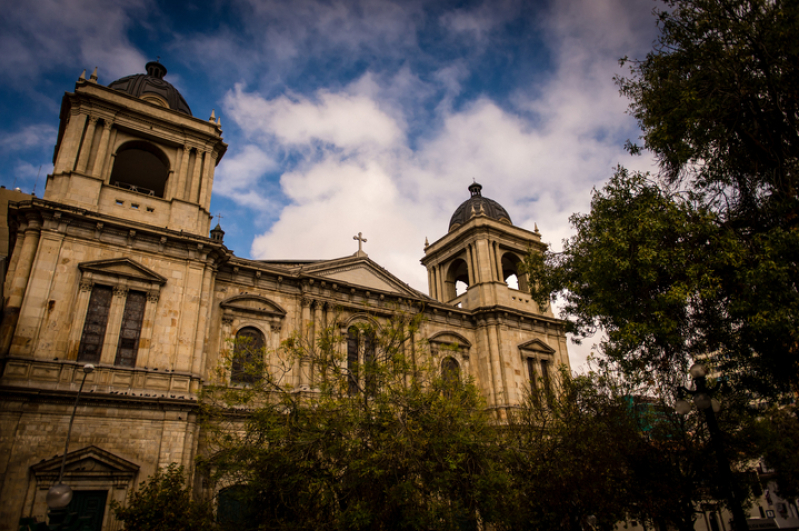
A poor young father borrows a mere $50 to attend to an urgent medical need for his little daughter, and agrees to pay off the debt by working in a rock quarry, only to find himself imprisoned in it with his wife and kids for the next several years. A young teenager looking to escape the life sapping poverty falls for the promises of a young man she met just a few weeks ago finds herself duped and captive in a brothel in a notorious red-light district, sexually abused multiple times a day for years on end. A little boy is sent off by his mother with a stranger in exchange for money, and he now finds himself trapped on a fishing boat working 16-hour days for an abusive slave master.
These stories unfortunately are far too common throughout much of the world today. Abuse and oppression of poor people - through human trafficking for labor and forced sexual exploitation, online sexual exploitation of children, and so much more - can all be clubbed under the umbrella term modern-day slavery. The statistics on this global crime are staggering. On any given day in 2016, an estimated 40.3 million people were victims of modern slavery.
One in four victims of modern slavery are children. Women around the world, at 71%, suffer inordinately more than men as victims of modern slavery.
What must the Church do? The Scriptures are chock-full of very explicit commands to "seek justice, defend the oppressed, take up the cause of the fatherless, [and] plead the case of the widow" (Isaiah 1:17). From the clear directives in Deuteronomy to provide for the fatherless and the widows, to the condemnation in Isaiah of those who 'grind the face of the poor', to Jesus' admonition of the Pharisees in the Gospels for neglecting 'justice, mercy and faithfulness', concern for the oppressed and the abused constitutes the central sweep of the Bible. The mandate of the Scriptures upon the Church to emulate God's heart is conspicuous and irrefutable.
The Church is God's vehicle to usher in shalom into the brokenness and oppression in the world. For the Church to credibly announce the coming of the kingdom of God in and through the Son of God, it must be actively involved in seeking justice, both locally and globally. Without such an "active interaction with the brokenness around us, our proclamation remains merely a shadow of the glorious Gospel we have been tasked with sharing".
The Church must wholeheartedly assume its mandate to be the prophetic voice of transformation in the world. The magnitude of such oppression can of course be debilitating and so acutely disheartening, and yet in these very situations the Church must present itself as the ultimate harbinger of hope. Such hope must not only point to the uncorrupted resurrection reality of the future, but perhaps more importantly, for that which will come alive in the present for millions around the world.
To be sure, the Church has indeed begun to take notice of the scourge of slavery that plagues our world today. On September 24th, 2017, 3500 churches around the world observed Freedom Sunday - celebrating restored survivors, praying for future rescues, and making their communities aware of the realities of modern-day slavery. Churches around the world, regardless of their denominational affiliations, are joining the fight to end slavery. In India more than 200,000 join together regularly to pray for the victims of slavery in their communities. In Latin America denominations and large Christian organizations have joined forces to create resources to make their citizens aware of the heinous epidemic of sexual abuse of little children, and to seek to end it. In Uganda, where widows and orphans have endured the horrible crime of land grabbing and the resultant destitution, churches especially in rural communities have begun to empower their communities to write legally standing wills and other documents to restrict the hands of the perpetrators. In the Philippines, three of the largest church councils - Catholic, Protestant, and Evangelical - have joined forces for the first time in the last 50 years to create a self-funded independent entity that is tasked with rooting out human trafficking from their country. Much has begun to happen, and much more remains to be done!
The Church needs to believe that it can truly be an agent of transformation in this broken and hurting world. If it does, it will become an unmistakable part of the process of God birthing his shalom in this world.
International Justice Mission is the world's largest international anti-slavery organization working in 17 communities across the developing world to combat slavery, trafficking, and other forms of violence against the poor by rescuing and restoring victims, holding perpetrators accountable, and transforming broken public justice systems.







